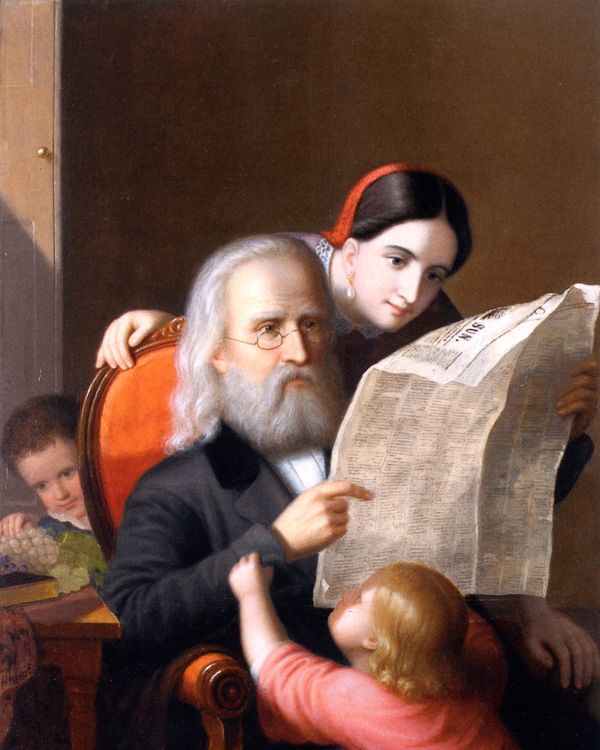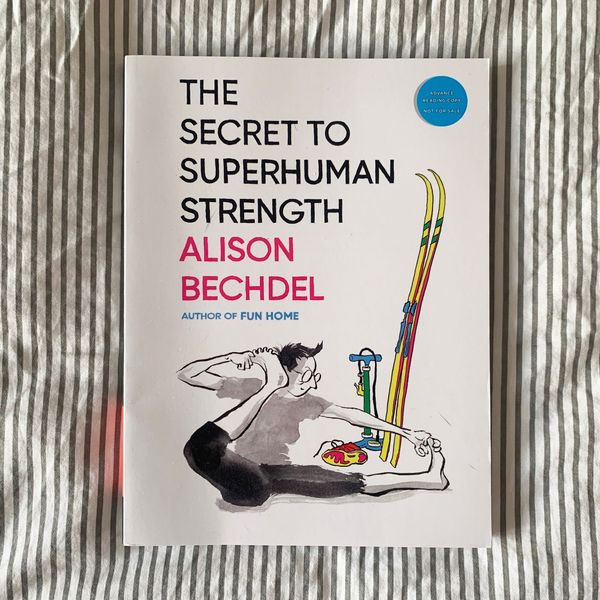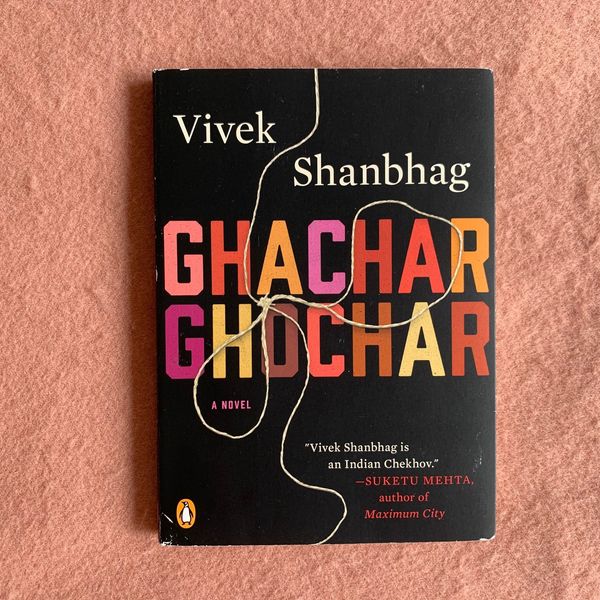
I surfed as a kid in California and then stopped for many years before resuming in adulthood. Possibly because of the interim, I am rarely comfortable in the water and usually find myself somewhere on a spectrum between “a little scared” and “terrified.” The factors dictating fear level include strength of current, presence of territorial locals, hypothetical presence of hungry-hungry sharks, and a thousand other nuances that register only on the semiconscious level (e.g., I find greenish water vaguely more frightening than bluish water).
Within that range, there’s a narrow band that you might call Molly’s Optimal Fear Zone (MOFZ). In MOFZ my cortisol levels are approximately where they’d be if I were being chased by a single wolf on a summer afternoon, but not by a pack of wolves at midnight. My senses are heightened, but not fried. My nostrils are aflare, but I am receiving adequate oxygen. To quote the English philosopher Chumbawamba, “I get knocked down, but I get up again.”
Reaching your OFZ is something that can only happen electively. There’s nothing optimizable about uninvited fear. But a lot of people gravitate toward situations of semi-controlled risk: competitive sports, blind dates, dancing in public, shoplifting, gambling … the opportunities are endless, as are the laws and regulations devised to circumscribe them.
Entering the OFZ requires putting your own skin in the metaphorical game; you can’t read yourself into it. But there’s a whole genre of books about other people entering it. Just ask Jon Krakauer! Maybe we can start a new bookstore section called VOFZR, or Vicarious Optimal Fear Zone Reading. The Alison Bechdel book below will be entry No. 1.
The Secret to Superhuman Strength by Alison Bechdel
Graphic memoir, May 4
This is a graphic memoir about Alison Bechdel’s lifelong obsession with exercise. Bechdel wrote Fun Home, which is a terrific book that became a terrific Broadway musical. The graphic memoir–to–musical pipeline was (I think?) unprecedented but also appropriate, because both are divisive formats. You have to buy into their ground rules from the start: Musicals are excessive and memoirs are self-involved. The best of either are triumphant acts of self-expression that obliterate whatever grumbling a person may have about corniness or narcissism.
The Secret to Superhuman Strength is Alison Bechdel’s third graphic memoir and, amazingly, her third triumph. She really milks her life for all its worth. (What better compliment can you pay a memoirist?) The topic here is exercise, which Bechdel has used for various purposes throughout her life. Sometimes it is a shortcut to the sublime; sometimes a bulwark against despair; often a tactic for avoiding other people. The book situates her sweaty episodes of skiing, cycling, and running punishing distances among other escape methods — booze, meditation, sleeping pills, and extracurricular flirtation. There are detours into transcendentalism and marriage and death, but exercise is the through line, and the framework through which Bechdel finds her own OFZ.
RIYL: Throwing a tennis ball against a wall, Spalding Gray, testing your own discipline, yogurt-covered raisins, The Diary of Alice James
Hashtag Good Guy With a Gun by Jeff Chon
Fiction, May 1
Get a load of this premise: An embittered man named Scott Bonneville packs a gun and heads to a pizza parlor intending to perform an act of senseless violence … only to find that there is already a different guy in the same pizza parlor waving a gun and intending to perform his own act of senseless violence! Scott shoots him and instantly starts trending on Twitter as #goodguywithagun — and nobody but Scott knows that his heroic salvo was a blooper. A first act of this caliber (pun not intended, but also not disavowed) has a high chance of overpromising and underdelivering, so I was elated to find that this, the author’s first novel, is sick and nasty and funny until page 247, which is the last one.
Scott, the surviving shooter, is the son of adoptive American parents who claim they “found him in a basket” in Seoul. (This story will turn out to be false.) Now he is an adult in Oregon living under a veil of professional disgrace and getting brain-drunk on conspiracy theories about pedophiles. Nestled into and around Scott’s tale of vexation are Twilight Zone versions of QAnon, the Proud Boys, the manosphere, neo-Nazis and other bizarre phenomena of our time. Chon shines the multicolored light of his intellect onto ugly hot-button topics, which is the sort of risk-taking I seek and indeed revere in novelists, especially debut novelists, who have everything to lose by doing so.
RIYL: Hari Kunzru, apophenia, the podcast Rabbit Hole, dipping a pinky toe into simulation theory, staying vigilant
Ghachar Ghochar by Vivek Shanbhag
Fiction, 2017
Despite (or perhaps because of) being a nonstop composer of blurbs, I’m exceedingly suspicious of their claims. If a book’s cover says something like “Relentlessly propulsive!”, my internal brat will respond, “I’ll relentlessly propel your book — straight into a trash can!” This one included a cover blurb of such force that I practically steepled my fingers and cackled. “Vivek Shanbhag is an Indian Chekhov,” it said. I settled in to grade the book, which was translated from Kannada by Srinath Perur, against its own impossible 19th-century Russian standards.
The narrator of the novel, who goes unnamed, lives with his size-L family in a size-XS house in Bangalore. One member of the family loses his job and the whole crew is plunged into a momentary economic crisis, which is solved when another member gets the idea to start a spice distribution company. The company thrives and the family begins its climb from poverty to the upper-middle class, with each rung on the ladder a discrete event: the day they get a stove, the day they move to a fancy house, the day they buy a TV. Prosperity brings a mixture of chaos and listlessness. The narrator, part of the family’s layabout younger generation, spends a lot of time at a local café, trying to extract advice from a reticent waiter, while avoiding various explosive conflicts at home. Shanbhag is interested in tweezing extraordinary tales from ordinary-seeming characters, and here he has created a devastating plot out of prose that is both brisk and deep. We must conclude that the Chekhov blurb was accurate.
RIYL: Being left to your own devices, fretting, Nabokov’s short story “Symbols and Signs”
WHY DON’T YOU …
• Perform a FACTORY RESET on your shattered attention span?
• Tunnel into a snippet of WEIRD ANTHROPOLOGY (the best kind!)?
• Enjoy a recent fictional history of fizzy wit and FUN? Read if you’re the type of person who’s always wondering whether you should be “in” crypto!
• Disregard the marketing copy that describes this as a “haunting fable” (BORING!) and find, instead, a riveting and ice-cold tale of art, narcissism, and MARSHES?
• Inaugurate BEACH READING SEASON with a Silicon Valley escapade?
• Scamper among London’s construction sites, BROTHELS, elite clubs, and townhouses?
SUGGESTED PAIRING
Get the taste of the Oscars out of your mouth with THE iconic 1980s Hollywood novel!
Every editorial product is independently selected. If you buy something through our links, New York may earn an affiliate commission.
More From This Series
- Matrix and 9 Other Reads I Can’t Get Out of My Head
- The Listening House and 9 Other Reads I Can’t Get Out of My Head
- The Plot and 8 Other Reads I Can’t Get Out of My Head





